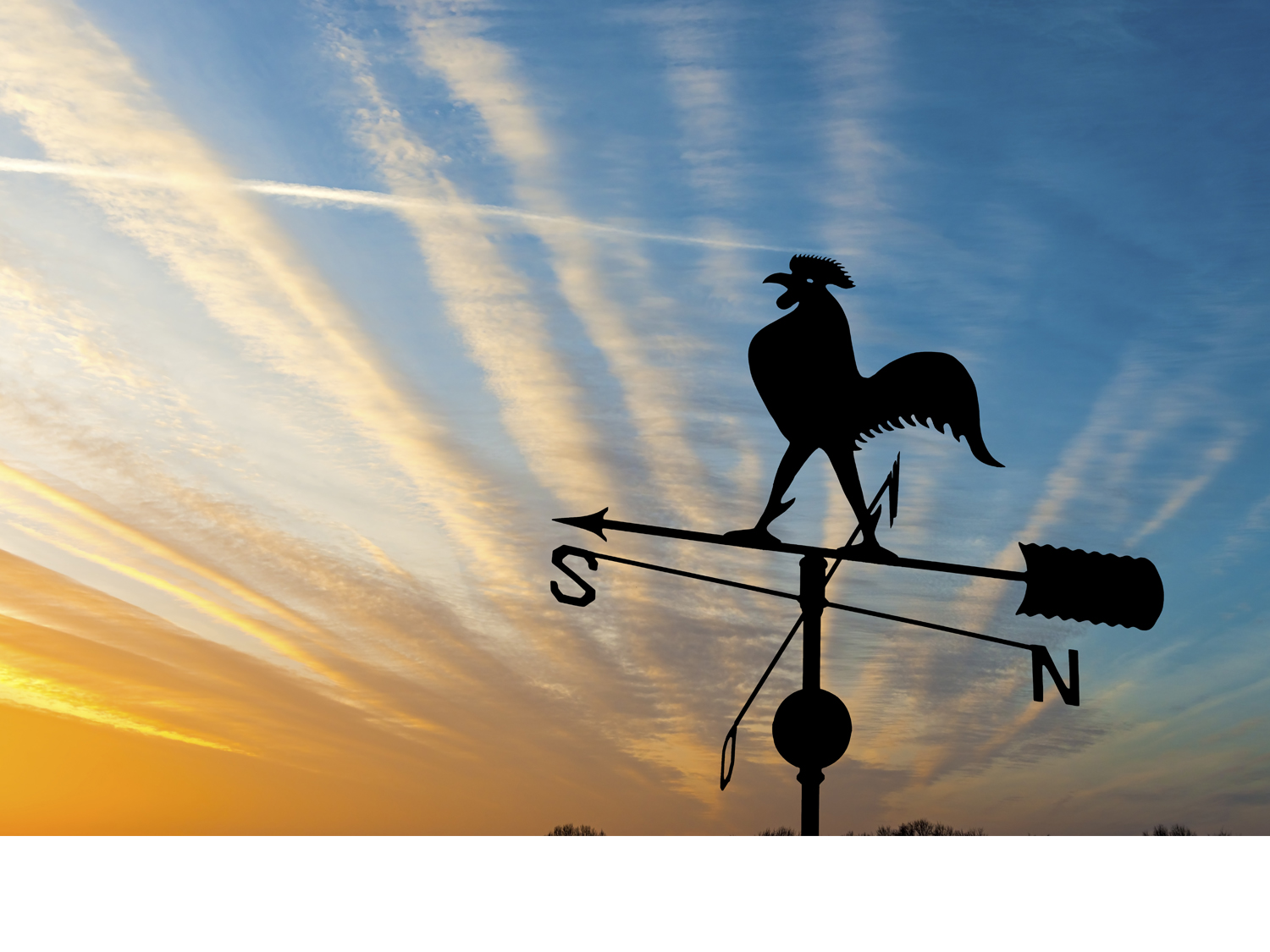Guided tours to Victoria Falls, ZimbabweUnforgettable Guided Tours of Victoria Falls: Explore Nature’s Marvel with Expert Insights
When do you want to go?
2024
I'm flexible
Passengers
Adults (18+)
Children (0 - 17)
Welcome to Victoria Falls, Zimbabwe
Victoria Falls is one of the most spectacular natural wonders in the world, staddling the border between Zambia and Zimbabwe. Known locally as ‘Mosi-oa-Tunya,’ which translates to ‘The Smoke That Thunders,’ the falls are renowned for their immense size and breathtaking beauty.
The falls are about 1.7 kilometres (1 mile) wide and drop approximately 108 metres (354 feet) into the Zambezi River Gorge. This immense volume of water creates a dramatic cascade that generates a massive spray, often seen from miles away. During the rainy season, the sheer volume of water makes the falls particularly awe-inspiring, with the spray creating a cloud that can be seen from afar and a rainbow frequently visible in the mist.
Victoria Falls is a UNESCO World Heritage Site and a key feature of the Most-oa-Tunya National Park in Zambia and the Victoria Falls National Park in Zimbabwe. The falls are a hub for adventure tourism, offering activities like bungee jumping, white-water rafting, and helicopter flights that provide stunning aerial views. The nearby town of Victoria Falls in Zimbabwe and Livingstone in Zambia serve as gateways to this majestic site, offering various lodges and tours to accommodate visitors.
Guided tours to Victoria Falls
Guided tours to Victoria Falls offer an enriching experience, allowing visitors to fully appreciate the grandeur and history of this iconic landmark. Expert guides provide insightful commentary on the falls' geological formation, cultural significance, and surrounding ecosystems. These tours often include various vantage points for optimal views of the falls, from the mist-shrouded viewpoints along the edge to the exhilarating perspectives offered by helicopter or microlight flights. Additionally, guides can tailor the experience to include nearby activities such as wildlife safaris, sunset cruises on the Zambezi River, and visits to local villages, enhancing the overall adventure and immersion in the region's natural and cultural tapestry.
What to expect from visiting Victoria Falls?
Visiting Victoria Falls promises an unforgettable experience, marked by the sheer power and beauty of one of the world's most impressive natural wonders.
Spectacular Views
The sheer scale of the falls, with its nearly 2-kilometre-wide curtain of water plunging into the Zambezi River Gorge, offers breathtaking views. The best perspectives come from various viewpoints on both the Zambian and Zimbabwean sides. Depending on the season, the volume of water and the resulting mist can vary, affecting visibility and the overall experience.
The Misting Effect
The falls generate a significant amount of mist, which creates a stunning spectacle of rainbows and sometimes even double rainbows. Be prepared to get wet, as the spray can drench visitors standing close to the falls. Waterproof clothing and camera gear are advisable.
Wildlife Encounters
The surrounding national parks, such as Mosi-oa-Tunya National Park and Zambezi National Park, provide opportunities to see African wildlife. Expect to encounter animals like elephants, giraffes, and various bird species. Game drives and walking safaris are popular ways to explore the area.
Climate Considerations
The weather can vary significantly. The rainy season (from November to April) brings lush greenery and higher water volumes but also can mean heavy rain. The dry season (from May to October) offers clearer views and milder temperatures but with lower water levels, potentially reducing the mist and overall impact of the falls.
Safety and Conservation
While the area is generally safe for tourists, it's essential to follow local guidelines and respect the natural environment. Conservation efforts are crucial for maintaining the falls and its surroundings, so being mindful of your impact helps preserve this natural wonder for future generations.
Travel Planning: Before you go
Read our guides to help you plan your trip
Frequently asked questions
What is the best time to visit Victoria Falls?
The best time to visit Victoria Falls depends on what you want to experience. The dry season from May to October offers clearer views and more manageable temperatures, but water levels might be lower, affecting the intensity of the falls. The rainy season from November to April brings lush landscapes and fuller falls, but also heavy rains and higher humidity, which can sometimes limit visibility due to the mist.
Do I need a visa to visit Victoria Falls?
Visa requirements vary based on your nationality and which side of the falls you plan to visit. Both Zambia and Zimbabwe require visas for many travellers. It’s advisable to check the specific visa requirements well in advance and consider whether you need a visa for one or both countries, especially if you plan to cross between the two.
What should I wear and bring for a visit?
Wear light, breathable clothing and sturdy shoes suitable for walking. Waterproof gear, such as a rain jacket and protective covers for your camera and electronics, is recommended due to the mist from the falls. Don’t forget sunscreen, a hat, and insect repellent.
Is it safe to visit Victoria Falls?
Victoria Falls is generally safe for tourists, but it’s important to exercise common sense and follow local guidelines. Be cautious around the falls due to slippery paths and strong currents. Also, follow safety instructions for adventure activities and be aware of local wildlife.
Can I visit both the Zambian and Zimbabwean sides of Victoria Falls?
Yes, many visitors choose to see both sides of the falls, as each offers different perspectives and experiences. A visa that allows multiple entries or separate visas for each country might be required, so plan accordingly.
What is the local currency, and can I use credit cards?
The local currencies are the Zimbabwean dollar (ZWL) in Zimbabwe and the Zambian kwacha (ZMW) in Zambia. Credit cards are widely accepted in hotels, restaurants, and some shops, but it’s advisable to carry some local cash for smaller transactions and purchases in local markets.
African Travel Guides
Find more inspiration and information about Africa to help you choose the right tour for you.
Our customers say
Excellent
4.4 out of 5 based on 275 reviews






















